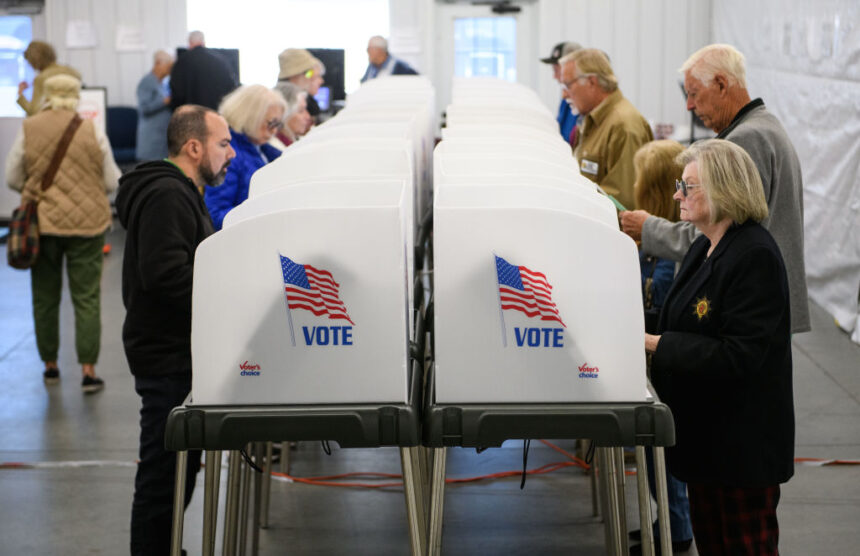Commentary
For many observers, the results signal that the party may need to reassess its priorities in order to better align with the public’s expectations.
During the 2020 campaign, Joe Biden presented himself as a moderate, appealing to a broad base of voters. However, after taking office, his administration placed increased focus on policies related to DEI, which some felt diverged from the practical issues most pressing to voters. This shift highlighted a disconnect between the government’s direction and the more immediate concerns of many Americans.
Among the changes Trump’s return to office signals is a shift away from identity-driven policies. Over the last decade, DEI policies and identity politics have become contentious subjects across the Western world, and their reevaluation in the United States could catalyze similar reassessments elsewhere.
Any administration’s focus on identitarianism neglects this fundamental principle, ignoring the imperative that Americans are “citizens first,” promulgating instead policies that pose significant risks to social cohesion by dividing the population into group-based identity categories of race, gender, and sexuality.
By emphasizing what divides people rather than what unites them, identity politics fragments society into competing groups, each with its own grievances and resentments. Instead of fostering a shared sense of citizenship, identity politics encourages individuals to define themselves primarily through immutable characteristics, creating a zero-sum framework in which the success of one group is often viewed as coming at the expense of others.
This fragmentation has serious consequences. As identity politics grows more pervasive, it threatens to unravel the social fabric by weakening the bonds of common citizenship. Instead of judging individuals by the content of their character, as Martin Luther King Jr. envisioned, today’s identity-driven framework prioritizes race, gender, and sexuality, obscuring merit, character, and individual agency.
One of the more harmful effects of DEI is a worldview that undermines individual agency. DEI teaches that our futures are determined not by achievement or hard work but by our identity, defined by unchangeable characteristics. Personal responsibility is overshadowed, ignoring the individual’s character or merit.
The toxic effects of this approach have become increasingly evident in our institutions. Take the university, for example—an institution critical to democratic governance—where DEI is now treated as the Holy Trinity and baked into the heart of institutional mission statements.
It must be conceded that the words sound virtuous and noble, yet they have corrupted the purpose of higher education. DEI has replaced the rigorous pursuit of truth with ideological conformity masquerading as moral righteousness. These policies purport to foster inclusion, but in practice, they stifle intellectual diversity and silence dissenting voices. What was once an institution devoted to open dialogue and discovery has become a minefield of dogma, where students and faculty alike are pressured to conform to the prevailing orthodoxy at the risk of social ostracization or worse.
In Canada, debates around DEI have mirrored those in the United States, with some media enthusing that they’ve embraced inclusion as a mindset.
Like many Americans, Canadians are beginning to question whether the country’s progressive policies produce the tangible benefits their advocates promised. There is a growing skepticism about whether such policies, rooted in ideological commitments, can address the practical concerns of ordinary citizens.
As the United States moves away from DEI initiatives, it’s reasonable to think that Canada might soon engage in a long-overdue discussion regarding the value of identity-driven policies.
Views expressed in this article are opinions of the author and do not necessarily reflect the views of The Epoch Times.
Please rewrite this sentence.
Source link







